
Francis Asbury was a British-born Methodist minister who became one of the first two bishops of the Methodist Episcopal Church in the United States. During his 45 years in the colonies and the newly independent United States, he devoted his life to ministry, traveling on horseback and by carriage thousands of miles to those living on the frontier.
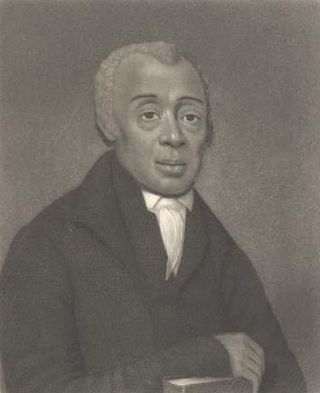
Richard Allen was a minister, educator, writer, and one of the United States' most active and influential black leaders. In 1794, he founded the African Methodist Episcopal Church (AME), the first independent Black denomination in the United States. He opened his first AME church in 1794 in Philadelphia.

Circuit rider clergy, in the earliest years of the United States, were clergy assigned to travel around specific geographic territories to minister to settlers and organize congregations. Circuit riders were clergy in the Methodist Episcopal Church and related denominations, although similar itinerant preachers could be found in other faiths as well, particularly among minority faith groups.
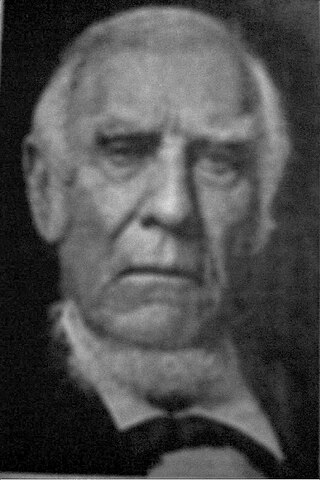
Andrew Hunter (1813–1902) was a noted Methodist preacher, sometimes referred to as "The Grand Old Man of Arkansas", "The Patriarch of Methodism", "The Nestor of Methodism in Arkansas", and "The Foremost Churchman in Arkansas".

Docking is a village and ancient civil parish in the north-west of the English county of Norfolk. It is near the North Norfolk Coast Site of Special Scientific Interest.
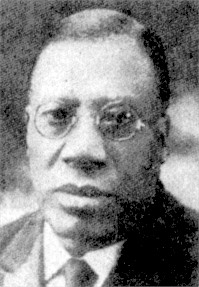
Charles Albert Tindley was an American Methodist minister and gospel music composer. His composition "I'll Overcome Someday" is credited as the basis for the U.S. Civil Rights anthem "We Shall Overcome". Another of his hymns is "Take Your Burden to the Lord and Leave It There" (1916), as well as "What Are They Doing in Heaven?" (1901).

Donald Oliver Soper, Baron Soper was a British Methodist minister, socialist and pacifist. He served as President of the Methodist Conference in 1953–54. After May 1965 he was a peer in the House of Lords.
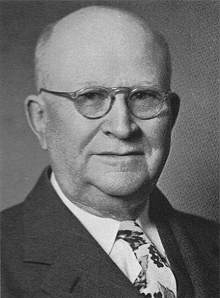
Henry Allan "Harry" Ironside was a Canadian–American Bible teacher, preacher, theologian, pastor and author who pastored Moody Church in Chicago from 1929 to 1948.
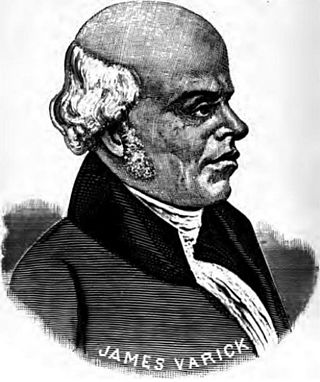
James Varick was the first Bishop of the African Methodist Episcopal Zion Church.

St. George's United Methodist Church, located at the corner of 4th and New Streets, in the Old City neighborhood of Philadelphia, is the oldest Methodist church in continuous use in the United States, beginning in 1769. The congregation was founded in 1767, meeting initially in a sail loft on Dock Street, and in 1769 it purchased the shell of a building which had been erected in 1763 by a German Reformed congregation. At this time, Methodists had not yet broken away from the Anglican Church and the Methodist Episcopal Church was not founded until 1784.

Albert Victor Hilton, Baron Hilton of Upton, JP was a British farm labourer and trade union official who became a Labour Party Member of Parliament and later life peer.

Thomas Ball Barratt, also known as T. B. Barratt, was a British-born Norwegian pastor and one of the founding figures of the Pentecostal movement in Europe, bringing the movement, or baptism in the Holy Spirit, as it became known, to Norway and Europe in 1906. He was originally a Methodist pastor but later left the church and went on to establish the Pentecostal movement in Norway.

Archibald Geikie Brown was a Calvinistic Baptist minister; a student, friend, and associate of Charles Spurgeon; and from 1908 to 1911, pastor of the Metropolitan Tabernacle in London, the church earlier pastored by Spurgeon.

Spencer Houghton Cone was an American clergyman. He entered Princeton University at the age of twelve, but two years later, because of his father’s illness, left his studies. At sixteen he was master in a school at Burlington. He then moved to Philadelphia. Finding his salary insufficient to support his family, he first studied law, but abandoned it and turned to the stage. This vocation did not especially appeal to him, and was strongly opposed by his devout mother who considered it not respectable. He first appeared in "Mahomet" in 1805 and subsequently was successful on the stage. But this profession was distasteful to him and he soon left it.
John B. Matthias is known as the writer of the words and music for the gospel song, “Palms of Victory”, for which he is generally given credit. He was typical of Methodist Episcopal circuit riders in early 19th Century United States.

William Vincent Wheeler (1845–1908) was the founder of Wheeler Mission Ministries of Indianapolis, Indiana.

William Henry Milburn was a blind Methodist clergyman. A friend of notables including Henry Wadsworth Longfellow, he was Chaplain of the United States House of Representatives in 1845 and Chaplain of the Senate fifty years later.
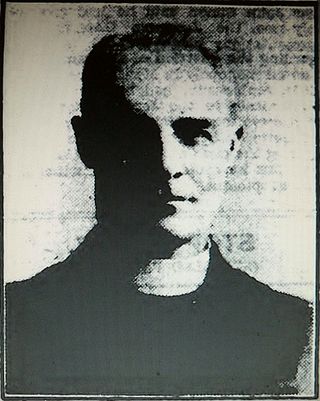
Reverend Joseph Miller BD was a Congregational minister, much in demand as an "eloquent preacher" for 14 years in the north of England. While in Hamburg during his ministry he "rendered valuable assistance to his countrymen in distress" following a call from the American Embassy there. However, in 1929 he "created a sensation" by becoming an Anglican priest. His first Anglican incumbency was as vicar of the Church of St Mark, Old Leeds Road, Huddersfield, England, from 1929 to 1931.
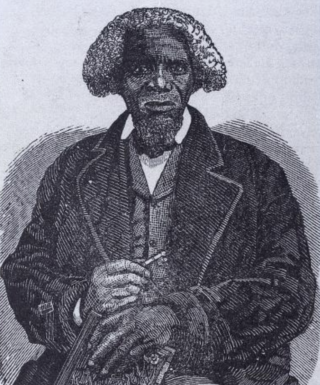
Greensbury Washington Offley was an American slave narrative author and minister. Born into slavery in Maryland and eventually freed, Offley wrote A Narrative of the Life and Labors of the Rev. G. W. Offley, a Colored Man, Local Preacher and Missionary (1859), one of only six slave narratives published in Connecticut.


















